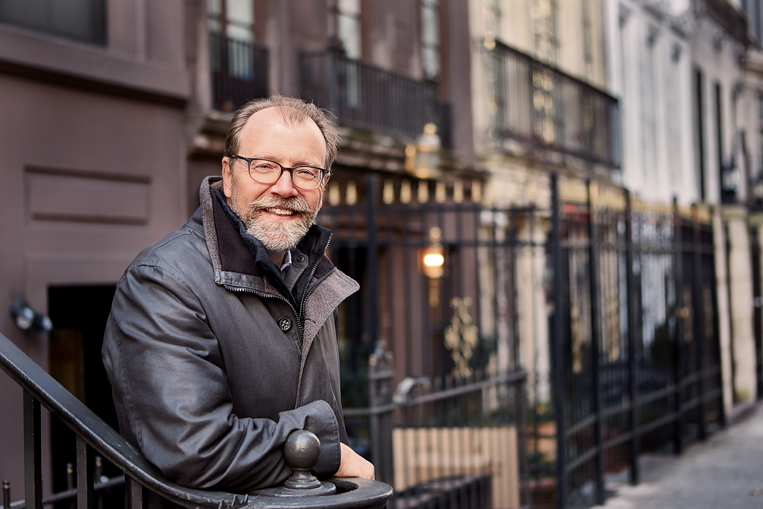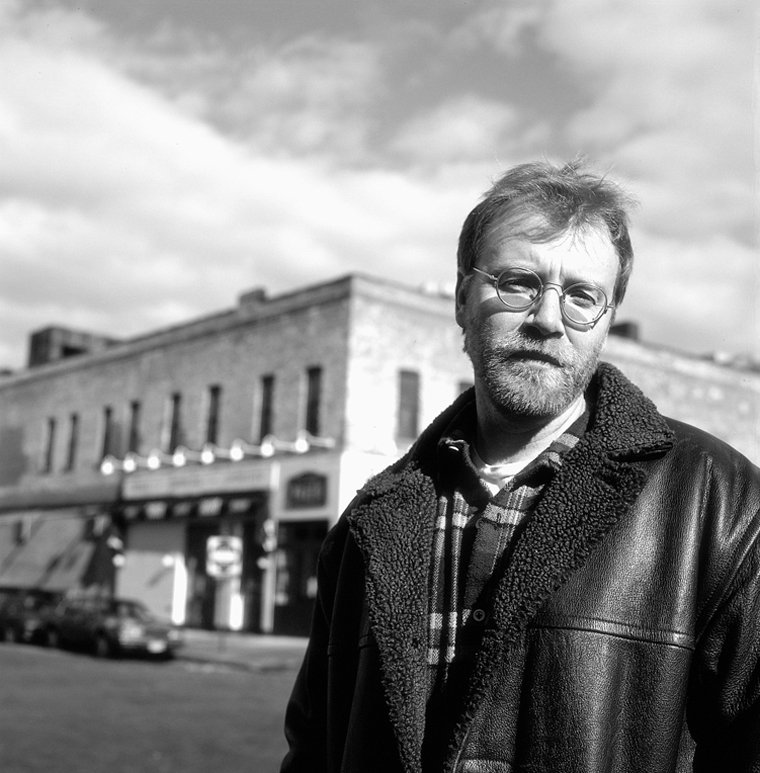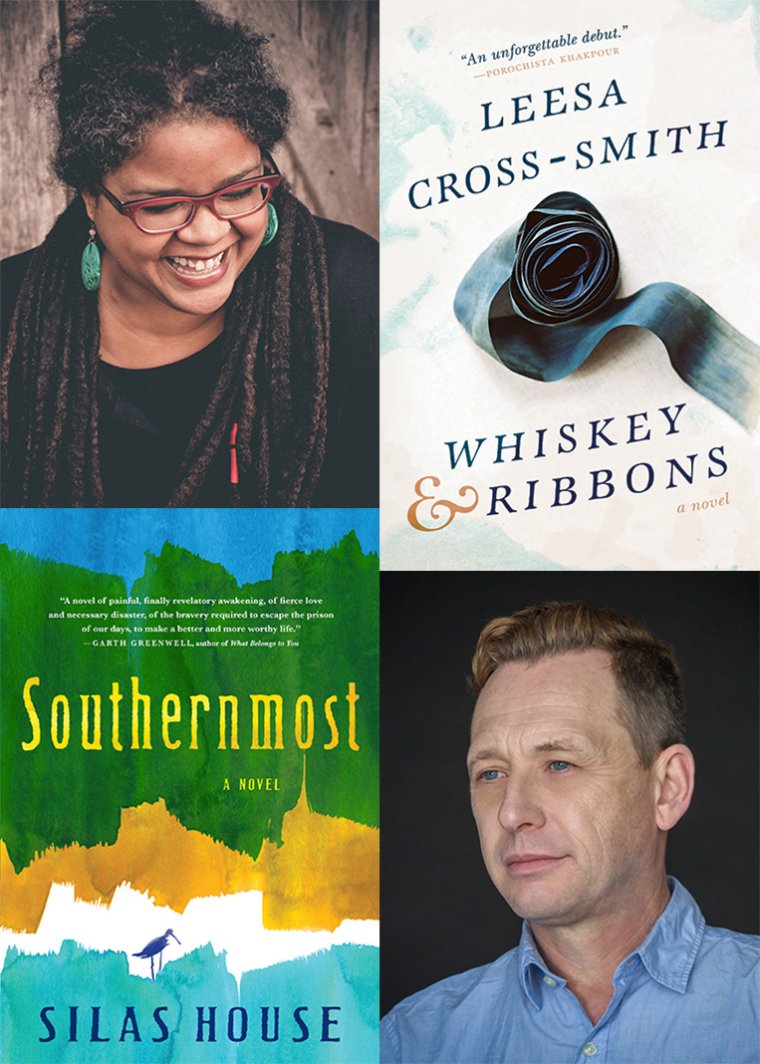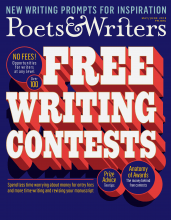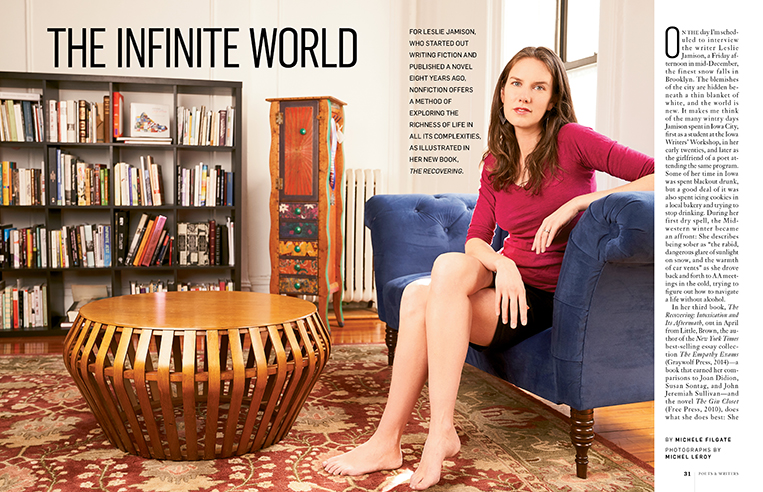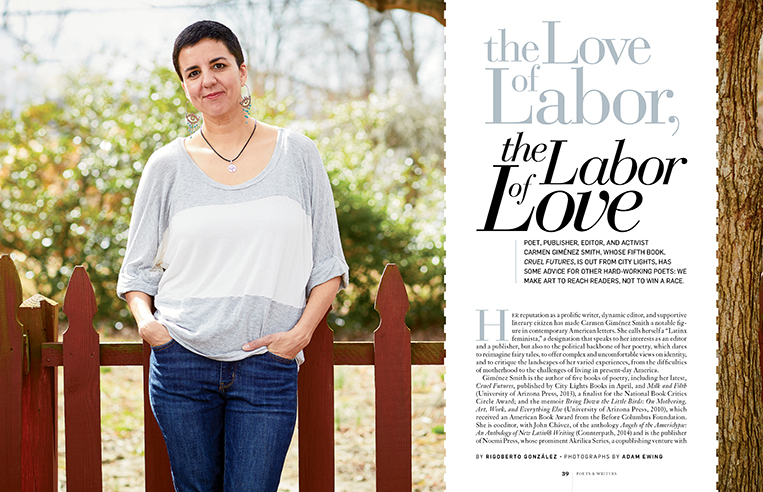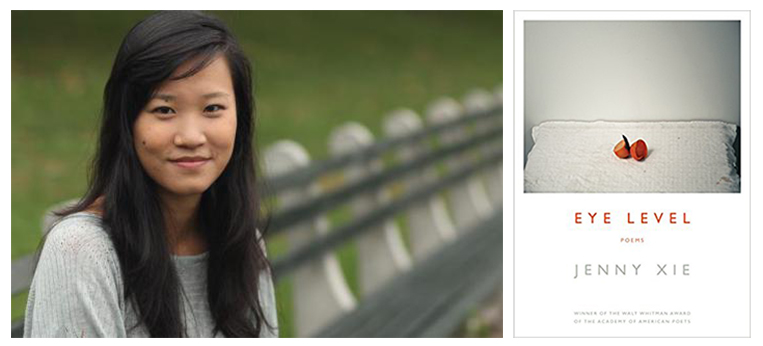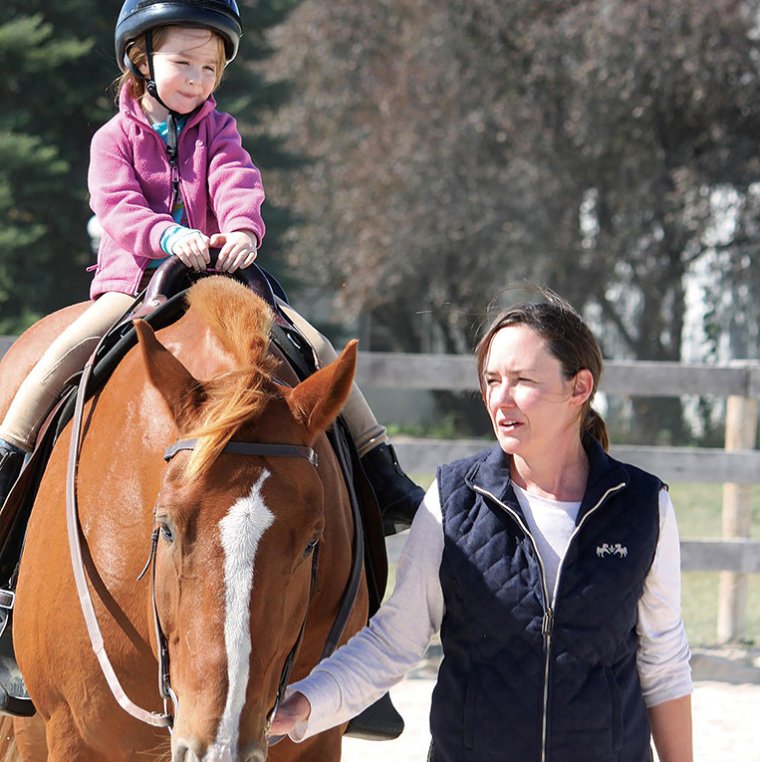I am a visual writer, I had often thought before glitches and blobs and little flickering spots invaded my field of vision, before I came to doubt what flits in my periphery. I mean, I still think of myself this way. I haven’t lost my eyesight, yet. And I have my memory. But faced with two separate causes of potential vision loss, I must reconsider this identity, which has been integral to my mode of creating.
In Dreams Under Glass, my second novel, just published by Lanternfish Press, a tight-lipped hedge fund manager laughs maniacally during a dinner with his lawyers; the outburst of laughter ends as suddenly as it begins, when his glass eyeball falls out and shatters. Binnie, my paralegal protagonist, steals glass eye shards hoping to incorporate them into one of her art projects. Of course, magpie-like snatching of shiny materials for re-use in art is also the fiction writer’s habit. It feels fitting, then, that this novel releases the year a specialist decided to begin treatment for glaucoma, after three years of simply observing and suspecting.
My grandmother, who lived to 102, suffered from glaucoma my entire life. Diagnosed at sixty, she had thirty-nine laser treatments until she went completely blind at ninety, unfortunately coinciding with short-term memory loss—a terrible thing to contend with on its own, let alone while reorienting to a world without sight.
Still, somehow I did not think of glaucoma when I began thinking about the possibility of going blind. In 2006, I began taking the anti-malarial medication Plaquenil for my lupus. Your skin or your eyes—I told myself I had to choose the well-being of one or the other—contemplating the rare possibility of Plaquenil toxicity damaging my retinae. I remember watching bees pollinate flowers in a planter box outside the writing studios at Vermont Studio Center in 2007, having just learned that bees are colorblind. I remember trying to soak in that image in intense sunshine. I shouldn’t be in the sun, I thought, as sun exposure can cause a lupus flare-up, and I slinked back inside to finish the first draft of my first novel. A few years later, when the medication didn’t seem as effective as it had been, an assertive dermatologist increased the dose to the maximum allowed. It was the only medication I could take for lupus; others are immune suppressants, and I am a carrier of Chronic Granulomatous Disease, a rare primary immune deficiency. There at the maximum dosage I stayed without learning about changes in dosage guidelines the Academy of American Ophthalmology recommended in 2016; it was too much for someone my weight. Thirteen years later, my ophthalmologist discovered changes to my eyes and sent me to a retina specialist; the retina specialist noticed something else and sent me to a glaucoma specialist. At the age of 37, I had not one, not two, but three different eye doctors.
“Did you ever notice your vision change?” This question I heard a lot, especially after the discovery of the Plaquenil toxicity in 2019. My night vision had changed; it was harder to see in the dark, as if I was walking around wearing a many-holed blindfold. I just kept telling myself: It’s night, silly. Of course it’s hard to see. I had been asked the question before the discovery, but I was too quick to report that everything was just fine. I should have attended more carefully to my perception. Isn’t that the artist’s job? Now when someone is backlit I cannot make out an expression, I can barely make out a face. There’s nothing to be done about Plaquenil toxicity except to stop the Plaquenil, which I did immediately, and hope it stops damaging my retina, damage which is irreversible.
“It’s not an emergency; it’s a slow-motion disease,” the glaucoma specialist said to me about glaucoma when he offered me a choice between eye drops and laser treatments and said I could take a week to think about it. I added that utterance to my list of Things Doctors Have Said to Me, along with “You weren’t at death’s door, you were just looking at it from across the yard,” about my month-long hospitalization at nineteen after surgery for an exotic infection. Here’s another, from an aggressive rheumatologist about hitting a wall with Plaquenil and treating my lupus: “You’re saying you’ve made your peace, I’m saying you have options.”
Let it be at least as slow as it was for my grandma, I think now about vision loss. At that pace, with thirty years of decline, I would go blind at seventy. Or maybe I will be exactly like her in chronological age and lose my vision at ninety. Or maybe the eye drops are going in so early and doing so well, this work of speculative nonfiction can remain speculative. Or maybe I’ll die of something else before then! The spiraling thoughts, positive and negative, loop around and around, but returning to my writing takes me out of the spiral.
Ekphrasis was central to the completion of the first draft of my first novel, Daughters of the Air (Lanternfish Press, 2017). Each morning I would shuffle a stack of Dover fine art sticker books and randomly select a painting to write around in my journal, thus eliminating at least a little bit of the anxiety of facing the blank page. It was a terribly inefficient way to write a novel (not that I believe novel writing should be “efficient”), but over time I learned which painters resonated with me and which did not, and, notably, which helped me write particular characters. Chagall’s warm tones and images of flight helped with the disappeared father character; Modigliani’s angular eyeless women helped develop the mother, afraid to face atrocities happening around her; and Kandinsky’s abstract works brought out their adolescent daughter’s difficult-to-verbalize turmoil and her journey as a runaway in New York in 1980. What began as a random warm-up exercise became more deliberate with each return to a painter who launched a productive writing session.
Looking at art to inspire my writing was so integral to my creative process, I ended up focusing Dreams Under Glass on a hopeful diorama artist enamored with the enigmatic work of Joseph Cornell and my third novel (in progress) on a late medieval/early Renaissance painter. At the Art Institute of Chicago and the Prado in Madrid, respectively, it occurred to me to make art the subject of my next two books. Perhaps there was something appealing about engaging with objects that have lasted so long, objects housed in enormous solid buildings of stone. Since I began work on the novel about the late medieval painter, I have taped a print of his most famous and quite intricate work to my desk, and when I pause in my work it is there for me to contemplate. Can I load up on art, look intensely and store it in my memory for a time at which I may not be able to look, may not be invited to touch?
In artist statements, I have often written that in my work I am trying to capture what’s fleeting, but I had never contended with the possibility that this would include my own vision. When I found out about the toxicity, I told a friend I’d better hurry up and finish my ekphrastic novel and learn about opera. When they laughed, I wondered, “Is this not a bigger deal than it seems?” Or perhaps they were protecting my feelings by keeping things light. Since moving to Chicago the same year of the onset of toxicity, I have passed by the opera house and violin makers and a sheet music store in the Fine Arts Building and felt excited by the prospect of expanding my repertoire, though terrified of the not-likely nightmare scenario of suddenly groping around in a forever-dark.
I have often been envious of the immediate emotional impact of music, envious of what musicians can achieve. I am trying to deepen my understanding of music and sound, to bring my future writing a new dimension. Perhaps I can dare to stretch toward the idea of a symphonic novel, something with resonance, as E. M. Forester writes about in Aspects of the Novel: “Is there any effect in novels comparable to the effect of the Fifth Symphony as a whole, where, when the orchestra stops, we hear something that has never actually been played?” He suggests War and Peace is such a novel, one that ends on a note of expansion, opening out rather than closing off.
My writing is concise, not Tolstoyan, but I think the suggestion of expansion is still possible. Over the years, I have found much comfort in Jorge Luis Borges’s essay “Blindness,” and many times I have shared this excerpt with students, applicable to so much heartache:
Everything that happens, including humiliations, embarrassments, misfortunes, all has been given like clay, like material for one’s art. One must accept it. For this reason I speak in a poem of the ancient food of the heroes: humiliation, unhappiness, discord. Those things are given us to transform, so that we may make from the miserable circumstances of our lives things that are eternal, or aspire to be so.
I have thought about James Joyce’s musicality and what he and Borges and other visually impaired writers have achieved. I don’t have a human to dictate my work to all day long, but that is no matter; I can touch type already, and technology will hopefully be my friend in that regard.
My grandmother was a voracious reader. She’d take me to the Cortelyou Road branch of the Brooklyn Public Library every week to borrow Westerns and Romances. As her vision waned, my mom would print out history articles for her, in a large font. In this manner she read a draft of my first novel. (“Is she…pathological?” my grandmother carefully asked me of the protagonist in that book.) Then my mother bought her a machine that helped further with reading text, a Merlin LCD Reading Enhancer. Then, at my grandmother’s request my mother read to her on the history of religion, and when she wasn’t there, my grandma listened to the radio. When her short-term memory was gone my mom would just hold her hand and talk to her. In her last weeks of life she asked about her childhood friend Carla who also went blind. She asked about the baby, my son.
Sometimes I think then, if I lose my vision one day my son will help me too. But I have to help myself; I have to contend with new ways of seeing, new ways of being. I have to reconsider my identity as a visual writer, learn from the gut that I am more than that, have more ways of engaging with the world than that, something I know intellectually, but which I’ve yet to feel. I have to try to write through this shift, try to make contingencies without amplifying anxieties. Teach myself about music and sound in the way that I taught myself about art history and medieval painting techniques. Try to keep on with my writing, no matter what, without being unkind to myself.
Can I be more aural than visual? Perhaps more visceral, create a timbre felt in the body? A novel that resonates. What more could I aspire to than that?
Anca L. Szilágyi is the author of Daughters of the Air (Lanternfish Press, 2017), which Shelf Awareness called “a striking debut from a writer to watch,” and Dreams Under Glass (Lanternfish Press, 2022). Her writing appears in Orion Magazine, Lilith Magazine, and Los Angeles Review of Books, among others. Originally from Brooklyn, New York, she has lived in Montreal, Seattle, and now Chicago, where she teaches creative writing.




